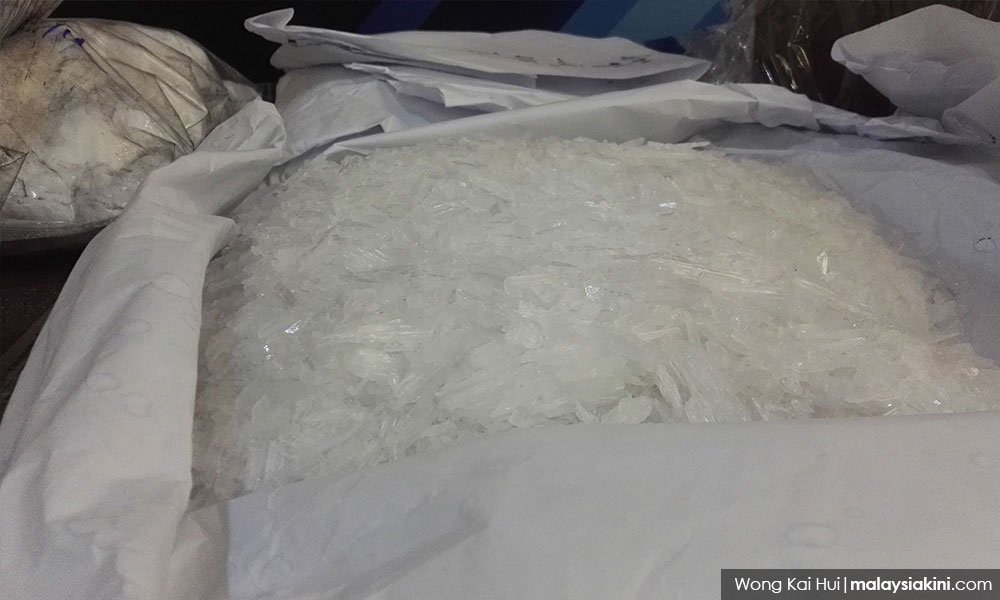

To get its drugs to market, the Sam Gor syndicate works closely with Japan’s Yakuza, Thai organised crime, and Australian motorcycle gangs, among other crime groups, according to regional anti-narcotics agents and documents reviewed by Reuters.Īccording to regional police sources, the task force has gathered phone intercepts of Tse talking about his drug business, phone call logs linking him to other suspected syndicate members and surveillance footage of Tse with members of the crime group. These are the 14K, Wo Shing Wo, Sun Yee On, the Big Circle Gang and the Bamboo Union. Taiwan, while not a formal member, is also assisting.Īt the core of the syndicate are at least five triad groups that originated in Hong Kong, Macau, China and Taiwan but which have global reach, AFP officers said. Counter-narcotics agencies from China, Myanmar, the United States and Thailand are also leading participants, along with Australia. The investigation, which involves about a dozen countries, has been dubbed Operation Kungur. He was tried in New York and in 2000 sentenced to nine years in prison, which he mostly served in the federal correctional institution in Elkton, Ohio. In the late 1990s, he was arrested and extradited from Hong Kong to the United States on charges of conspiracy to import heroin into America. Tse has previously been involved in drug trafficking. So far, at least one senior member of the syndicate has been arrested, according to investigators and police documents. Counter-narcotics agents said they suspect he has long been aware he is under surveillance. Some have links to drug trafficking that go back decades, according to the target list and investigators from four countries, who spoke on condition of anonymity. Other suspected leaders hail from Hong Kong, Macau, mainland China, Taiwan, Malaysia, Myanmar and Vietnam. The AFP has identified 19 top syndicate leaders, four of whom are Canadian nationals, the target list shows. In a report in July, the UN agency said the meth trade had reached “unprecedented and dangerous levels,” and was a “direct challenge to the public security and health of the region.”

The supply of the highly addictive drug has surged, causing the street price to plummet in many countries. The syndicate is the major factor in the fourfold increase in region-wide meth trafficking in the past five years, the UNODC says. “The word kingpin often gets thrown around, but there is no doubt it applies here.” “Tse Chi Lop is in the league of El Chapo or maybe Pablo Escobar,” said Jeremy Douglas, Southeast Asia and Pacific representative for UNODC, referring to Latin America’s most legendary narco-traffickers. The group is “conservatively” raking in $8 billion a year and could be earning as much as $17.7 billion annually, according to an estimate by the United Nations Office on Drugs and Crime ( UNODC). In response to questions from Reuters, the AFP, the DEA and Taiwan’s Ministry of Justice Investigation Bureau said they would not comment on investigations.Īccording to interviews with regional law enforcers from eight countries, as well as a review of law enforcement documents, the syndicate produces vast quantities of high-grade methamphetamine in Myanmar and trafficks the drug to countries stretching from Japan to New Zealand. Reuters was unable to contact Tse Chi Lop.


 0 kommentar(er)
0 kommentar(er)
